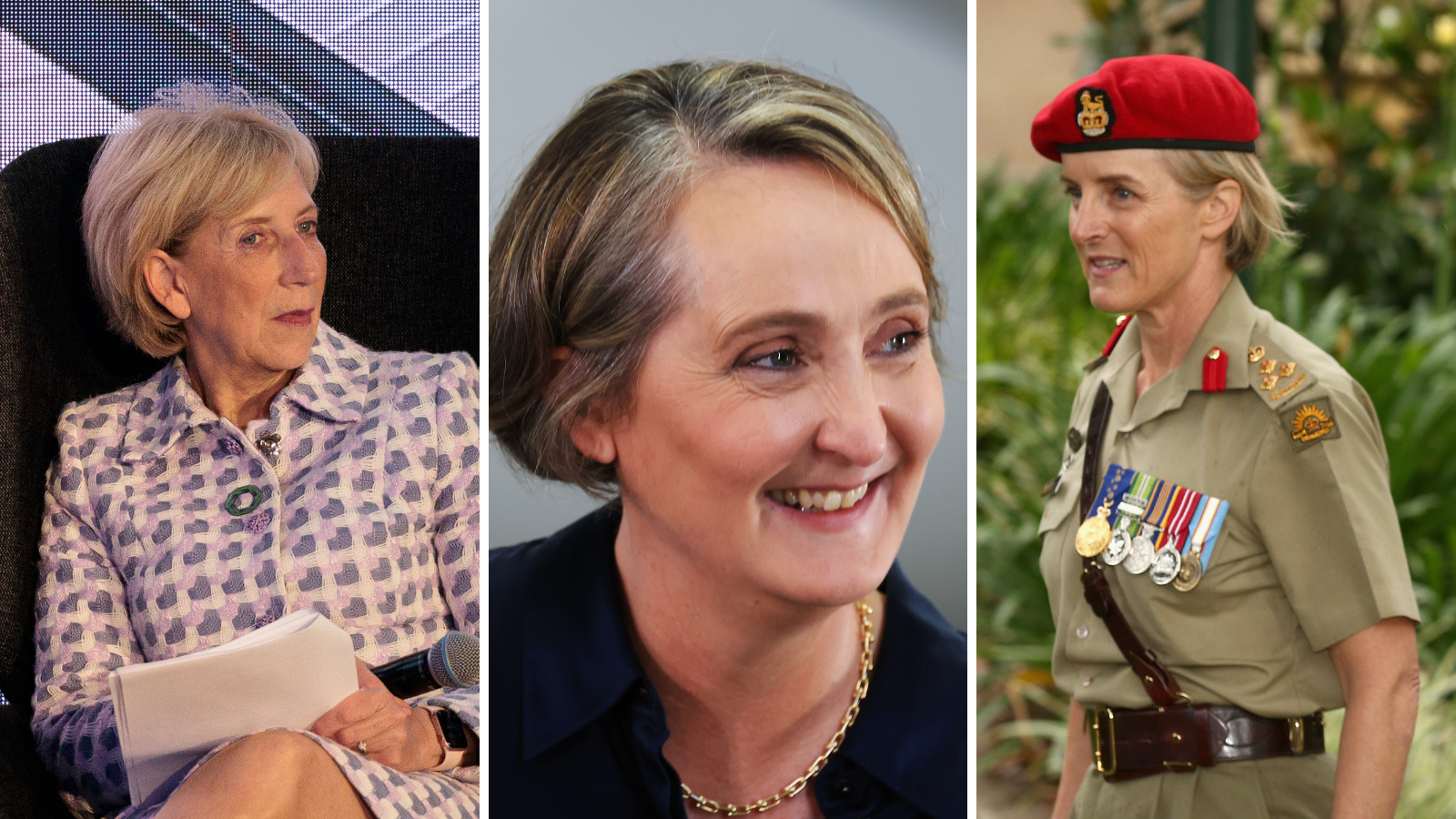No longer just “the numbers person”, chief financial officers are increasingly finding themselves at the forefront of digital transformation and often with a key role to play in many emerging corporate issues, such as sustainability and ESG reporting. A study from Monash University says CFOs must embrace their dual role as both financial stewards and strategic partners. So how can CFOs balance numbers with vision?
BRANDVOICE – PARTNER CONTENT

In an ever-evolving business environment, where the expectations and demands upon senior executives are constantly shifting, how can today’s chief financial officers secure their place at the leadership table and drive meaningful change within their organisations?
The author of a recent Monash University study says CFOs must embrace their “dual role” as both financial stewards and strategic partners, focus on building the capability of their teams, and learn to effectively navigate the digital landscape.
Monash Business School’s Associate Professor Paul Thambar interviewed and studied 12 CFOs in Australia and Sri Lanka over 18 months, across multiple sectors. Oxfam CFO Karen O’Duil was among them, and says the resulting report “articulates the challenges for CFOs and the requirement to balance numbers with vision, and navigate business challenges and opportunities with agility”.
Mahesh Amarasiri, Group CFO at ACL Cables in Sri Lanka, also participated in the study. He says a modern CFO “is not just a numbers expert but a strategic leader who drives innovation, data-driven decisions and sustainable growth in a rapidly-evolving business landscape”.

One key finding of Thambar’s research is that CFOs are increasingly at the forefront of digital transformation, often being called upon to lead it within their organisation, and playing a crucial role in implementing new technologies and streamlining financial processes.
As early adopters, Thambar says, CFOs can leverage digital tools to enhance data accuracy and provide real-time insights to support strategic decision-making.
A key challenge the research reveals is that CFOs are struggling to balance their role as an organisation’s financial steward with their strategic role of serving as an adviser to the CEO and other senior leaders.
This insight surprised Thambar, as he had experienced the same challenge more than 20 years ago while working in a senior divisional accounting role for a major Australian bank.
“I wanted to have a greater impact on company decisions and strategy but the message from my CEO was clear: get the financials right first, then we’ll talk strategy.”

Another significant challenge that emerged from Thambar’s research is the ambiguity that shrouds the CFO role.
While many finance and accounting positions are well-defined, the responsibilities of a CFO remain unclear because of varied and competing expectations from CEOs, senior leaders and operational managers. These cover a breadth of activities from financial reporting and information to digital transformation, sustainability and ESG [Environmental, Social and Governance] reporting, strategic business cases and leadership development. In many cases these expectations don’t align with the CFO’s own, and role conflicts arise.
An example of ambiguity is when an organisation’s CEO is reluctant to view the CFO as a strategic partner in making decisions related to core business, but then reaches out to the CFO to lead on emerging topics like digital transformation.
Those who navigate the digital landscape effectively not only enhance their department’s efficiency but also reinforce their position as strategic partners.
Paul Thambar
Thambar says that as the role of the CFO continues to evolve, the ability to balance financial and strategic leadership responsibilities will become increasingly important.
“CFOs are vital members of the leadership team in any organisation, with an important role to play in many of the emerging issues, such as sustainability and ESG reporting.”
The ability to fulfill this leadership role is enhanced when CFOs excel in their core responsibilities of financial reporting and information provision, he adds.
CFOs should also focus on building capability within their own teams.
“CFOs need to be seen as strategic leaders who can develop junior accounting staff into more than just technically-competent managers,” Thambar says.
“The ability of the CFO to role-model appropriate leadership skills and develop a capable accounting team will help position the CFO and their team as vital and valuable business partners for the organisation.”

Nick Fox, a CFO Advisory Partner with BDO Australia, says Thambar’s research, and his own anecdotal experience, shows that the role of the CFO “has become one of adding value”.
“The compliance aspects of the role are now just a ticket to play – these must be done,” he says.
“It is the strategic thinking that is valuable to an organisation.
To learn more about Monash Business School, visit monash.edu/business
If you’re looking to take your leadership skills to the next level, visit Monash Corporate Education to discover customised and tailored learning programs and short courses.





